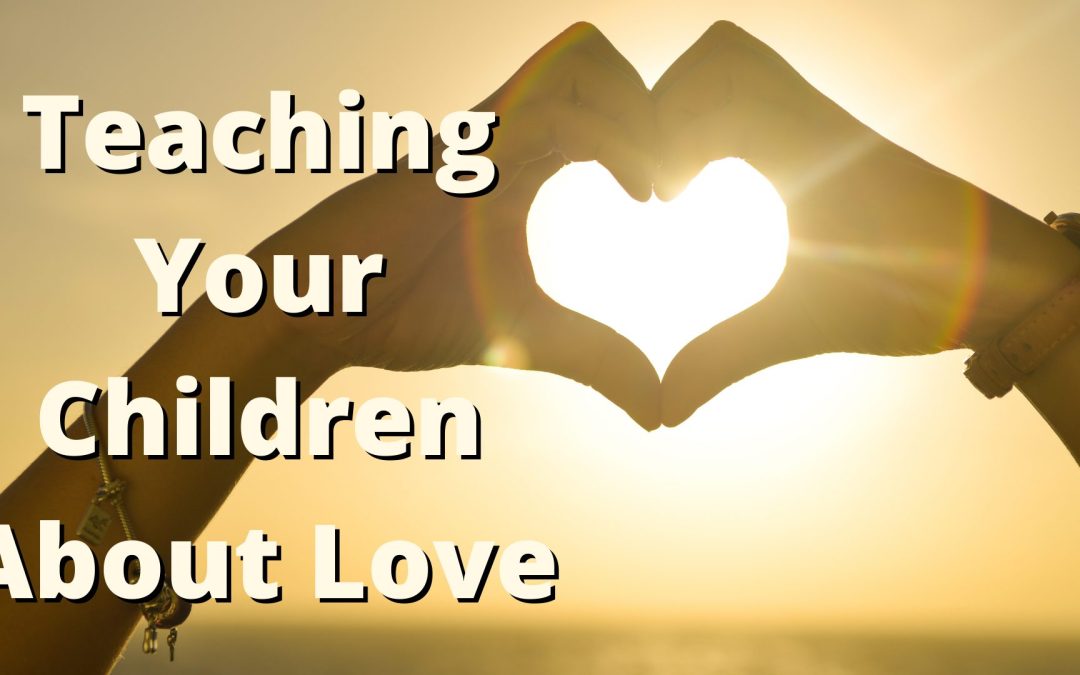With hearts, relationships and love being promoted these next few months, your younger children may not quite understand all this love business. Of course, they can make Valentine’s for their friends, but they may not fully understand the basis for Valentine’s Day in general. It may be a good time to talk to your children about love, and how far reaching it can be not only for couples, but for anyone.
Love in Relationships
It may be easier starting out talking about relationship-based love than something less tangible. The best way to explain it is to explain the love you and your partner have at the moment, and that may be easier for your children to understand as they see it every day. If you’re a single parent, you can talk about love in the past if that helps, such as the relationship you may have had with your partner. Kids learn through what they see and hear, so seeing relationships and love in the real world can help them better understand it and maybe even show it more often to others. Depending on the age of your child, you’ll also want to eventually talk about how love does not equal sex. It’s a difficult subject to bring up, but one that’s very important in helping your child understand relationships, especially as they mature. Make sure they understand boundaries, both for themselves and for others, and how they can better understand body language and how important it is to ask for permission, even for a hug or to hold hands.
Love in the World
Talking about love as an over-arching term for other relationships can be easy well. If you have relatives nearby, you can talk about love being that feeling your children get when they see their grandparents, aunts, cousins, uncles, etc. Or if you have pets in the home, explaining the love your children feel towards their dog, cat, ferret, or fish. With that being said, explain to them that although love is something you feel, it is also something that you do, or put action into. You are choosing to love something or someone, whether you fully understand the Why of it or not. We want to work on these relationships and see them thrive, or we may realize that we can’t keep working towards this love any longer. Knowing that love can be an emotion but also an action can help your children better understand how they can control their emotions as they grow older.
Navigating Love
Having these discussions about love may be a little more difficult than you realized, but don’t fret. Your children depend on you to learn the facts of life, but they will also do some learning on their own. Being open and ready to discuss these emotions and feelings can help your children feel comfortable coming to you more often. And this in turn will help you stay involved in their relationships and friendships.
Katie Kyzivat

